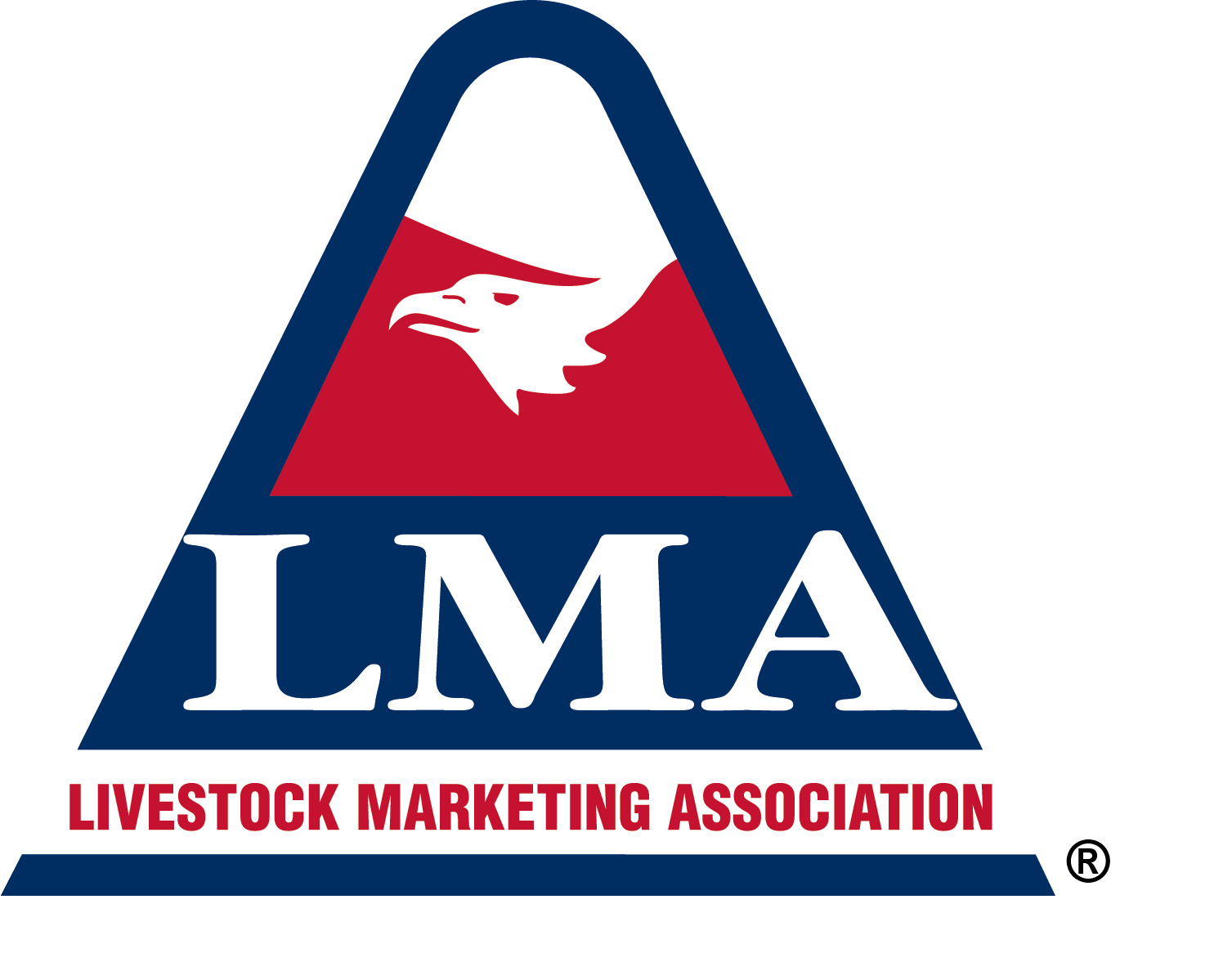PRESS RELEASE
LMA Opposes USDA Creating Second Beef Checkoff
December 16, 2014
Kansas City, Mo.
The Livestock Marketing Association (LMA) submitted comments opposing USDA Secretary Tom Vilsack’s plans to create a second Beef Checkoff under the Commodity, Promotion, Research, and Consumer Information Act of 1996. Cattle producers already pay a $1 Checkoff each time cattle are sold. This program was created in 1985 under the Beef Promotion and Research Act. If USDA moves forward with their plans, the second Checkoff would run at the same time as the current Checkoff.
The LMA is the leading national trade organization for more than 800 livestock marketing businesses located throughout the United States. LMA represents more than 75 percent of the regularly selling local livestock auction markets. Approximately 36 million head of cattle are sold at livestock markets each year, making the markets a major collector of the dollar remitted to state beef councils under the current Beef Checkoff. For example, approximately 80 percent of the Checkoff funds in Tennessee and 60 percent of the funds in Oklahoma are collected at livestock markets.
Recognizing the important role that the current Beef Checkoff has in beef promotion, education, and research, LMA has been an active participant in a cross industry Beef Checkoff Enhancement Working Group. The group has been meeting regularly to discuss changes to the current Checkoff including a producer vote on increasing assessment rate. LMA has seen positive movement from this group and believes that USDA acting now, while the working group and the respective member organizations are finalizing an alternative solution, would be premature.
In addition, LMA emphasized the foundational belief that any Beef Checkoff program in the United States must be shaped and driven by the livestock industry and especially the producers paying into the program.
“We have concerns about the creation of a second Checkoff, as we have not experienced industry support for the creation of a second program,” said Dan Harris, LMA President and owner of Holton Livestock Exchange in Holton, Kan., in LMA’s comments to USDA. LMA has particular concerns that the new Checkoff could be collected for three years prior to a producer vote asking if the new Checkoff was desired.
“Additionally, two separate Checkoff programs would increase operational costs and could lead to divergent messages and strategy,” Harris continued. “From a collection standpoint, there is a risk that two programs will create unnecessary confusion in the collection of funds, especially if monies are collected in different circumstances and sent different places.”
After asking the Secretary not proceed with a second Checkoff, LMA provided feedback to the questions USDA asked in their notice, focusing on how a second Checkoff would need to be structured to maximize producer control and limit collection complications.
See LMA’s full comments here.

About the Livestock Marketing Association
The Livestock Marketing Association (LMA), headquartered in Overland Park, Kan., is North America’s leading, national trade association dedicated to serving its members in the open and competitive auction method of marketing livestock. Founded in 1947, LMA has more than 800 member businesses across the U.S. and Canada and remains invested in both the livestock and livestock marketing industries through member support, education programs, policy representation and communication efforts.
